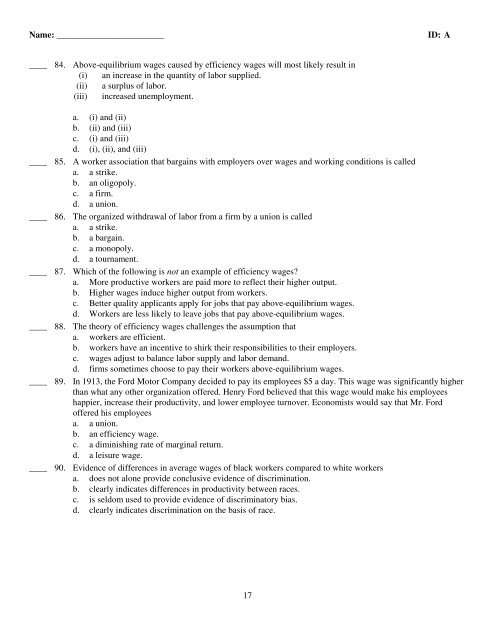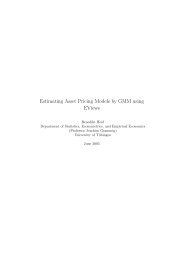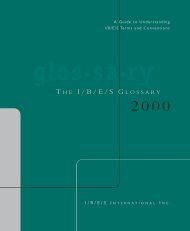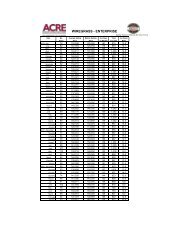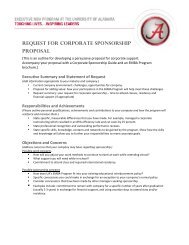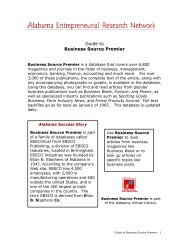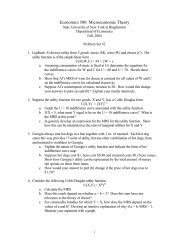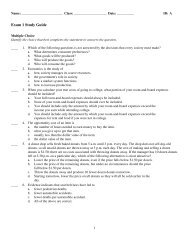ExamView Pro - Exam 4 Study Guide.tst
ExamView Pro - Exam 4 Study Guide.tst
ExamView Pro - Exam 4 Study Guide.tst
Create successful ePaper yourself
Turn your PDF publications into a flip-book with our unique Google optimized e-Paper software.
Name: ________________________ ID: A<br />
____ 84. Above-equilibrium wages caused by efficiency wages will most likely result in<br />
(i) an increase in the quantity of labor supplied.<br />
(ii) a surplus of labor.<br />
(iii) increased unemployment.<br />
a. (i) and (ii)<br />
b. (ii) and (iii)<br />
c. (i) and (iii)<br />
d. (i), (ii), and (iii)<br />
____ 85. A worker association that bargains with employers over wages and working conditions is called<br />
a. a strike.<br />
b. an oligopoly.<br />
c. a firm.<br />
d. a union.<br />
____ 86. The organized withdrawal of labor from a firm by a union is called<br />
a. a strike.<br />
b. a bargain.<br />
c. a monopoly.<br />
d. a tournament.<br />
____ 87. Which of the following is not an example of efficiency wages?<br />
a. More productive workers are paid more to reflect their higher output.<br />
b. Higher wages induce higher output from workers.<br />
c. Better quality applicants apply for jobs that pay above-equilibrium wages.<br />
d. Workers are less likely to leave jobs that pay above-equilibrium wages.<br />
____ 88. The theory of efficiency wages challenges the assumption that<br />
a. workers are efficient.<br />
b. workers have an incentive to shirk their responsibilities to their employers.<br />
c. wages adjust to balance labor supply and labor demand.<br />
d. firms sometimes choose to pay their workers above-equilibrium wages.<br />
____ 89. In 1913, the Ford Motor Company decided to pay its employees $5 a day. This wage was significantly higher<br />
than what any other organization offered. Henry Ford believed that this wage would make his employees<br />
happier, increase their productivity, and lower employee turnover. Economists would say that Mr. Ford<br />
offered his employees<br />
a. a union.<br />
b. an efficiency wage.<br />
c. a diminishing rate of marginal return.<br />
d. a leisure wage.<br />
____ 90. Evidence of differences in average wages of black workers compared to white workers<br />
a. does not alone provide conclusive evidence of discrimination.<br />
b. clearly indicates differences in productivity between races.<br />
c. is seldom used to provide evidence of discriminatory bias.<br />
d. clearly indicates discrimination on the basis of race.<br />
17


